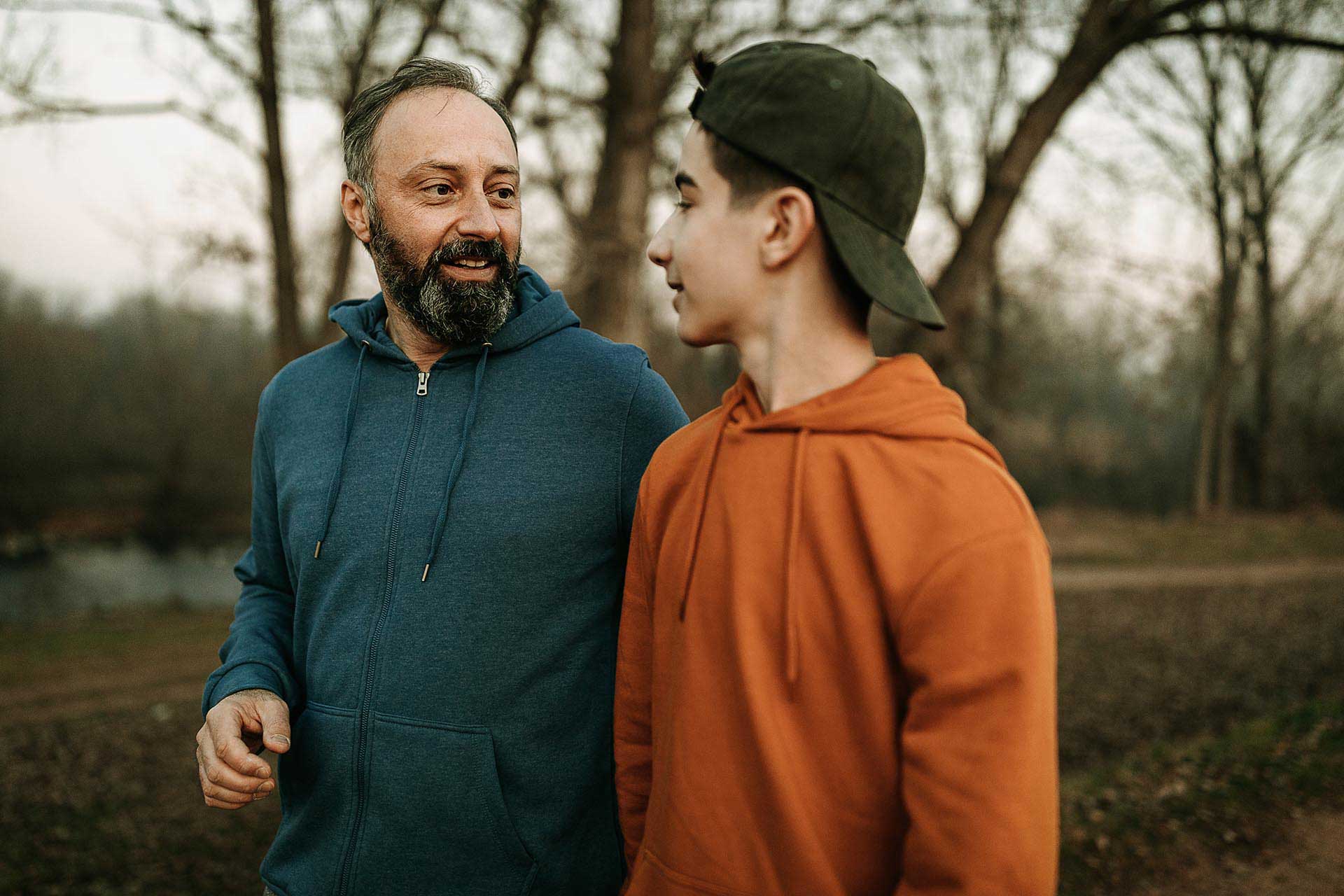How to answer your child’s age-inappropriate questions
As parents and carers, we all dread them. Those questions, the ones that make our faces flush and mouths stumble over the answers. Where did they hear that word? Are their friends talking about this? Gosh, that’s a big imagination.
You know what we mean: the jaw-dropping questions. Ones to do with the things they don’t need to know about yet. Maybe they’ve asked what a ‘blow job’ or a ‘dildo’ is. Or maybe they saw something on the internet that wasn’t for their eyes and need it to be explained.
Either way, once the concept is in their head, they need some sort of answer. And if we don’t offer it, they’ll likely go to less reliable sources. So, how do we answer these tricky questions?
Clarify what they’re really asking.
You might even like to repeat the sentence back to them to make sure you know what specifically they’re wanting to know.
Stick to the facts
Don’t give them euphemisms or some made-up story. Kids have a right to accurate information, plus, they’ll probably work it out if you’re fobbing them off.
Keep it simple
Stick to the basics of what they need to know. Not too much detail. If they’re not satisfied, they’ll ask follow-up questions. That being said, if you do overexplain (those pesky nerves don’t help) – don’t worry. Kids generally only take on board what they’re ready to know and filter out the rest.
Keep it simple
Stick to the basics of what they need to know. Not too much detail. If they’re not satisfied, they’ll ask follow-up questions. That being said, if you do overexplain (those pesky nerves don’t help) – don’t worry. Kids generally only take on board what they’re ready to know and filter out the rest.
Stay neutral
By keeping a matter-of-fact tone, it lets them know that this topic isn’t a big deal, nor something they need to be embarrassed, ashamed or secretive about.
Remember they have a child’s mind.
Most of the time, these questions are coming from a place of innocence and curiosity. It’s important to not project our adult understanding onto them.
Let them know this is a topic they don’t need to know all about now.
Once you’ve answered their question, you can let them know this is something for grown-ups to think about and they don’t need to worry now.
You might say, ‘That’s a good question. Do let me get this right, you want to know what a “blow job” means? Okay. Well, it’s a type of sex that people might choose to do together because it feels good. Like all sex acts, it’s something for adults, not for children. Does that answer your question?’
Reassure them that they can always come to you with their questions.
No matter what, you’ll always try to provide them with an answer.
If they ask you this question in public
like a doctor’s office or on the tram, then calmly let them know you’ll have a chat about it when you get home. Make sure you do get back to them when you’re in a private space, or they’ll think asking you isn’t okay.
You don’t have to explain everything on the spot
If you need a bit of time to think about how you’re going to answer, that’s fine, and you can tell them this. Just don’t forget to get back to them soon!
Further reading
- Let’s talk: 5 tips for talking | download now
- THAT Sex Ed Podcast, Jenny Ackland & Justine Kiely-Scott (Sex Education Australia founders)










